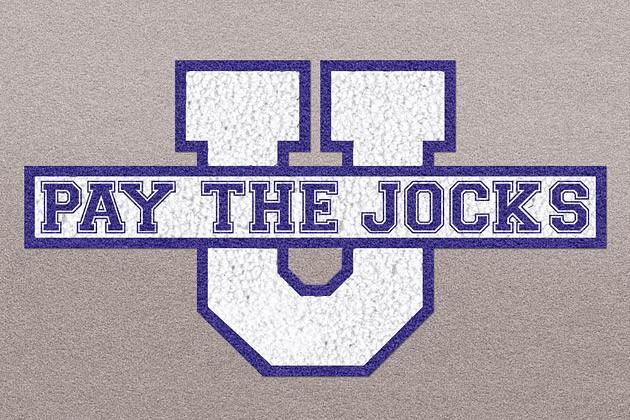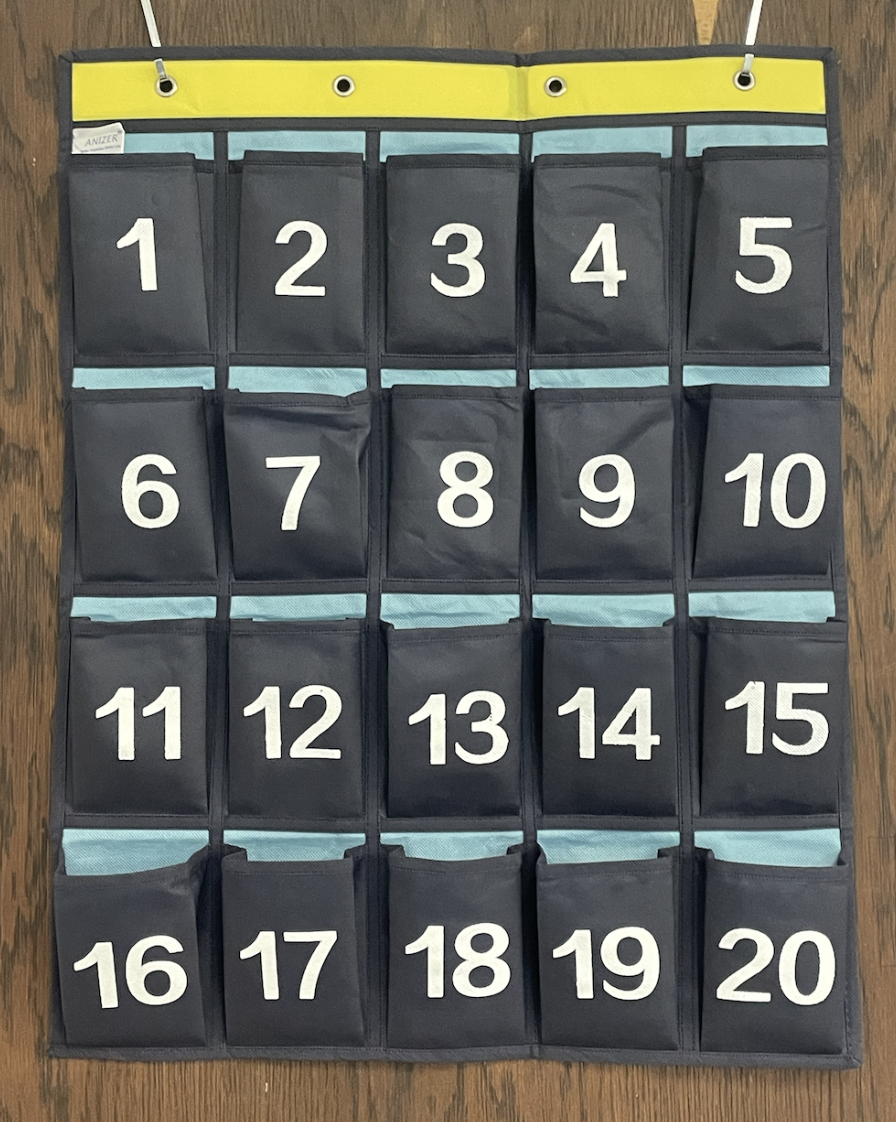Author’s Note: The following is an opinion-editorial piece.
The current system governing collegiate athletes, the National Collegiate Athletic Association (NCAA) does not provide adequate compensation to athletes for the amount of time given to the University for athletics. As a result, many student-athletes live in poverty.
Many universities generate large sums of revenue for their schools through athletic programs, yet the players receive no payment or reward at all. Instead, administrators, athletic directors, media, and coaches earn all of the money. The university makes a chunk of their money from collegiate sports through endorsements and TV deals. According to ESPN, the network is paying $7.3 billion over 12 years to broadcast seven football games a year — the championship game, two playoff games and four other bowl games. According to the NCAA, Division I men’s football alone generates $15.8 million per school, and men’s basketball generates $10.1 million per school.
The NCAA and universities profit from their name and image. A top NCAA official, Oliver Luck, said that scholarship athletes have a “fundamental right” to their name and image, though he didn’t signal how to value that right. This is an important issue that needs to be discussed. Collegiate athletes aren’t asking for a lot of money. They are just asking for a little bit of a kickback because they give so much hard work, time, and dedication to the universities they play for.
The NCAA is a non-profit organization, so one might ask where these huge sums of money are going. Even after paying out the schools, athletic directors, and coaches, there is definitely enough money to pay a monthly cash stipend to student athletes who provide this income and exposure for the universities.
Too often we see athletes that once blew up our televisions with their highlight touchdown or slam-dunk file for bankruptcy. Sports Illustrated stated, “By the time they have been retired for two years, 78 percent of former NFL players have gone bankrupt or are under financial stress; within five years of retirement, an estimated 60 percent of former NBA players are broke.” Paying monthly cash stipends to collegiate athletes would give them much needed experience with handling money, preparing some of them for the large contracts of the big leagues.
However, in order to leave some purity in college sports, the athletes should only receive this stipend if they maintain a certain GPA. This GPA would depend on what courses the athlete is taking and what university he or she attends. The root of the problem is that players most often go pro by their early twenties, which is right out of college, if not before that. Currently most of these athletes have little to no business experience, so it is essential that these students not only take money management courses, but excel in them as well.
The stipend that they will receive will cover food and activities, such as going out to the movies. To prepare athletes for the professional world, coaches would monitor how this money is used everyday and make sure it is spent wisely
The NCAA seems to be on its way to generating a system that shares some revenue with the players, but more work needs to be done. Ultimately, a law should be passed that allows NCAA athletes to be paid for their hard work, production, and time given to the colleges and universities they play at.











































